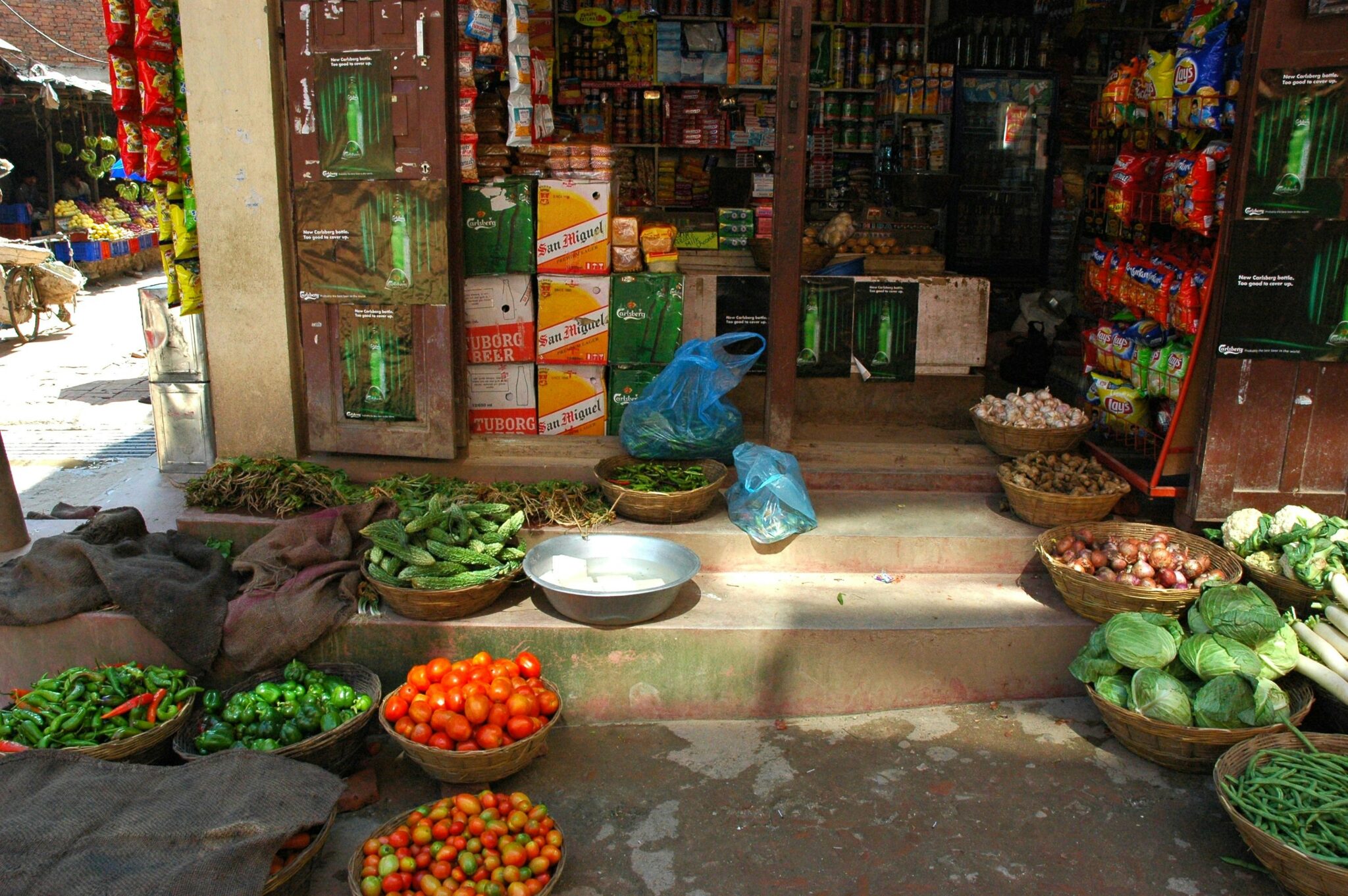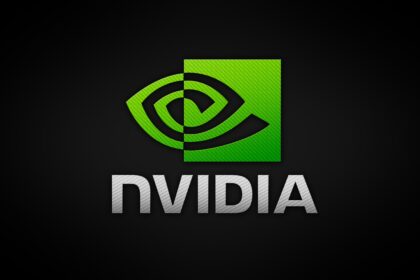Indian e-commerce startup Citymall, which focuses on affordable grocery delivery for tier 2 and tier 3 towns, has secured $47 million in Series D funding. The round was led by Accel, with continued support from investors including Waterbridge Ventures, Citius, General Catalyst, Elevation Capital, Norwest Venture Partners, and Jungle Ventures.
The raise comes three years after Citymall’s $75 million Series C round. Despite steady growth, the company’s valuation has remained flat at $320 million, reflecting what investors describe as a cooling market compared to the bullish conditions of 2021. In total, Citymall has raised $165 million to date.
Unlike quick-commerce rivals such as BlinkIt, Zepto, Swiggy Instamart, and BigBasket, which focus on 10-minute deliveries in urban markets, Citymall is targeting value-conscious shoppers who prefer planned purchases. The platform offers about half the product range of a typical quick-commerce app, but double that of most offline value stores.
“Most Indians are highly price-sensitive when it comes to groceries,” said Angad Kikla, CEO of Citymall. “We want to be the online equivalent of Dmart, offering essentials at the best prices.”
Founded in 2019, the company initially relied on community leaders for sales and fulfillment before shifting to a more streamlined delivery model. Today, it operates in 60 cities across Delhi NCR, Uttar Pradesh, Haryana, Bihar, and Uttarakhand, with plans to expand to nearby markets to maximize warehouse efficiency.
Citymall’s core strategy is building private-label brands and partnering directly with manufacturers to cut costs. Unlike its competitors, the startup doesn’t charge handling or delivery fees, typically delivering within a day instead of minutes. Its target customers earn between ₹15,000 and ₹80,000 ($170–$910) per month, with an average order value of ₹450–500 ($5–6).
Related:10 Startups To Look Out For In 2025: EU, UK And Africa.
While the startup reported over 30% negative EBITDA margins in the last fiscal year, it claims to be operationally profitable and is working toward broader profitability.
Industry analysts suggest Citymall’s low-cost model could help it scale sustainably. “By buying directly from suppliers and using its community network, Citymall achieves a cost structure that supports healthier margins compared to quick-commerce rivals,” said Manish Kheterpal of Waterbridge Capital.
With India’s online grocery sector expected to reach 12% of e-commerce sales by year-end, Citymall is positioning itself as the go-to platform for shoppers outside metropolitan areas who prioritize value over speed.






